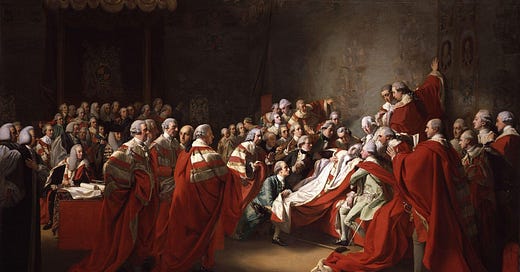There are lots of beliefs associated with conservatism: Order and stability are paramount. We should be respectful of tradition. Things ought to change gradually. We should be sceptical of top-down planning. People get ahead through hard work. Institutions that have stood the test of time demand reverence. Good things are easily destroyed, but not easily created.
But which is fundamental? Which belief best distinguishes conservatives from their ideological counterparts?
After all, liberals and leftists would agree with some of those listed above: Nobody wants chaos. Certain traditions enjoy almost universal respect (such as commemorating the dead). Stopping immigration – something conservatives want – is a form of top-down planning. Non-conservatives don’t want things of which they approve, like the welfare state, to change rapidly. Everyone recognises that hard work matters to some extent. Etcetera.
Where are conservatives and non-conservatives most different? A group of psychologists led by Jeremy Clifton may have found the answer.




